Question And Answer
Publications
Articles, publications, books, tools and multimedia features from the U.S. Institute of Peace provide the latest news, analysis, research findings, practitioner guides and reports, all related to the conflict zones and issues that are at the center of the Institute’s work to prevent and reduce violent conflict.
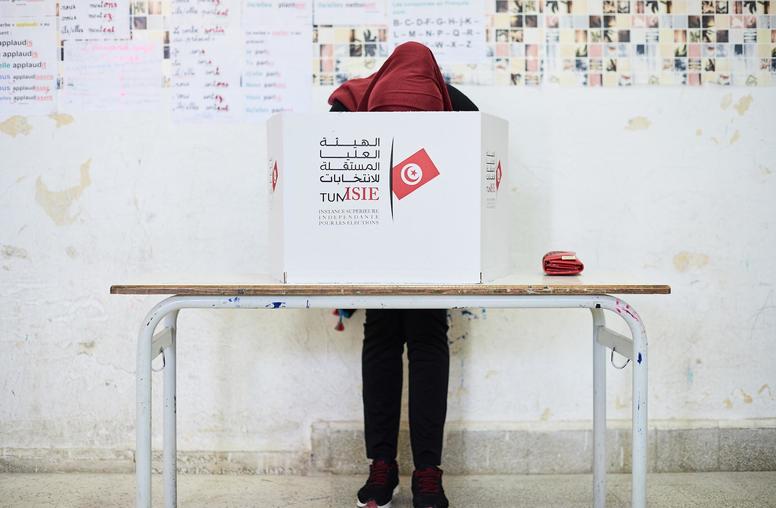
Will Tunisia's First Local Elections Advance its Democracy?
It has been over seven years since Mohamed Bouazizi’s protest sparked an uprising that led to the overthrow of longtime Tunisian dictator Zine El Abidine Ben Ali and spread throughout the Middle East. While the promise of the early days of the Arab uprising has evaporated throughout much of the region, Tunisia has continued its democratic transition in the face of economic and security challenges.
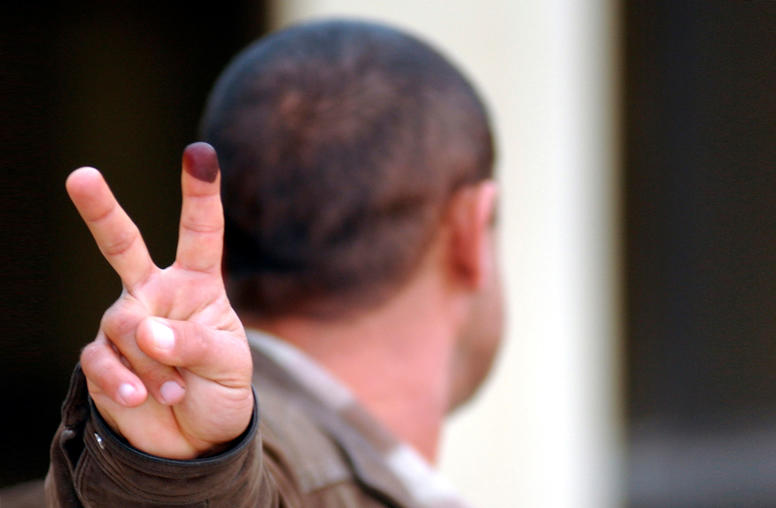
Iraq’s Election Takes a Tone That’s Hopeful for Democracy
As Iraq prepares to vote on May 12, the public debate has been just a bit unusual. Following the country’s war against the Islamic State extremists, candidates are seeking votes with appeals across sectarian lines and more discussion of issues than in any other election campaign. This change is incremental but is one of several that make this a moment to step back and measure Iraq’s evolution since the 2003 U.S.-led invasion. Despite what Iraqis have suffered over 15 years—or perhaps because of it—the will to democratize is alive and growing. A real meaning of these elections is this: If the United States and the international community can sustain their engagement, Iraq has a chance to stabilize, and to turn back the inevitable future attempts to revive extremist violence.
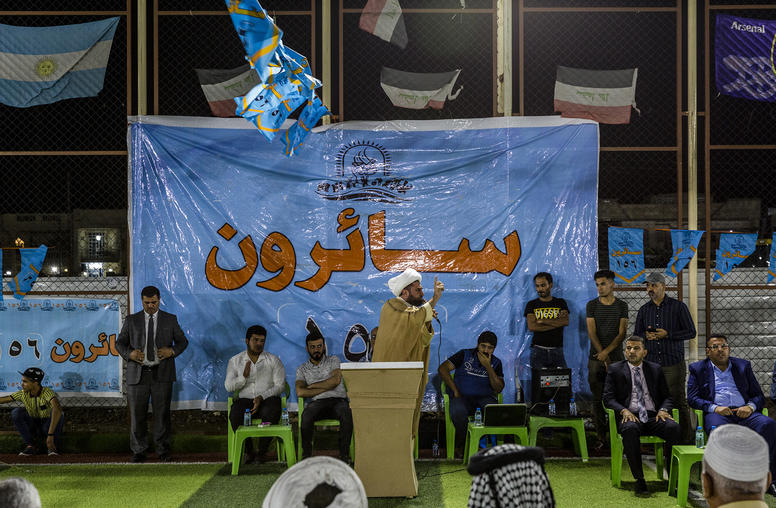
Will Iraq’s Surprise Election Results Bring Change?
In a surprise turn, preliminary results from Iraq’s May 12 parliamentary vote indicate that a coalition led by controversial cleric Moqtada al-Sadr—a staunch opponent of both U.S. and Iranian influence in Iraq—won the most seats.
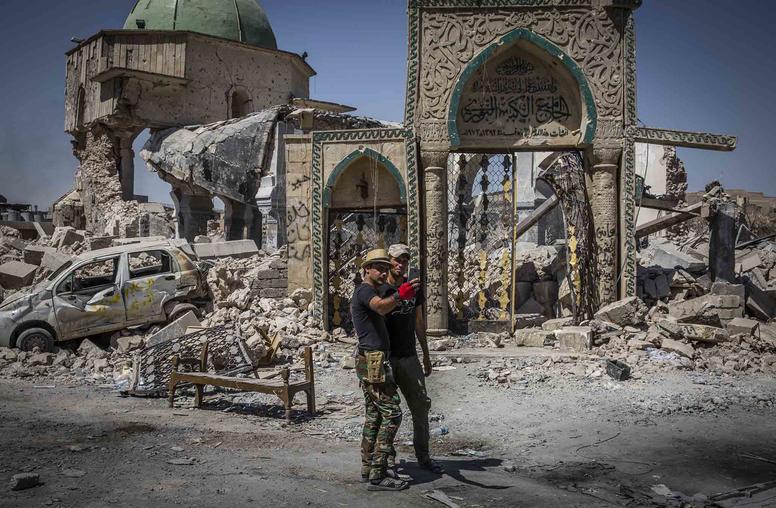
After ISIS, Iraqi Voters Demand Good Governance
When Iraqis went to the polls on May 12, the country’s foreign policy was the last thing on their minds. For the vast majority, the central question about the next government was expressly local: Will it be able to deliver services, get the economy moving and, perhaps most important, curb corruption?
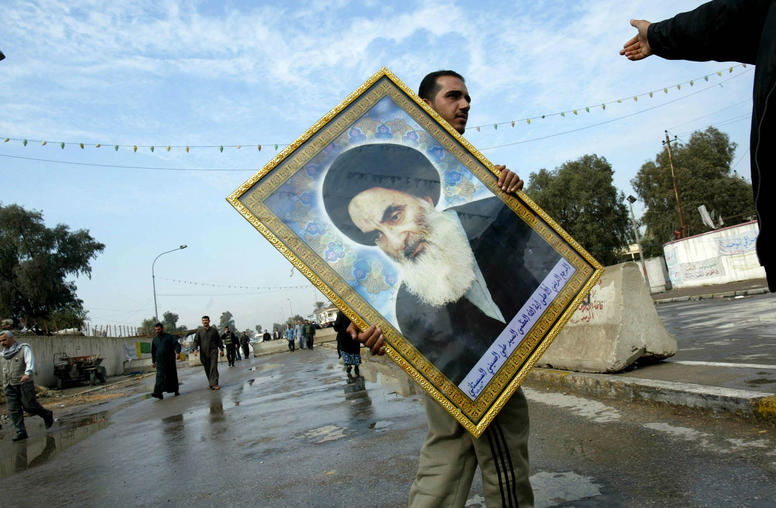
Iraq’s Election Leaves Iran’s Influence Intact
As Iraq shapes a government from its May 12 election, the indecisive electoral outcome again will leave Iran in a position to affect both the choice of a prime minister, and the tenor of the underlying administration. How Iran wields that influence is likely to depend on how well the European Union is able to defend the Iran nuclear accord following the United States’ withdrawal.
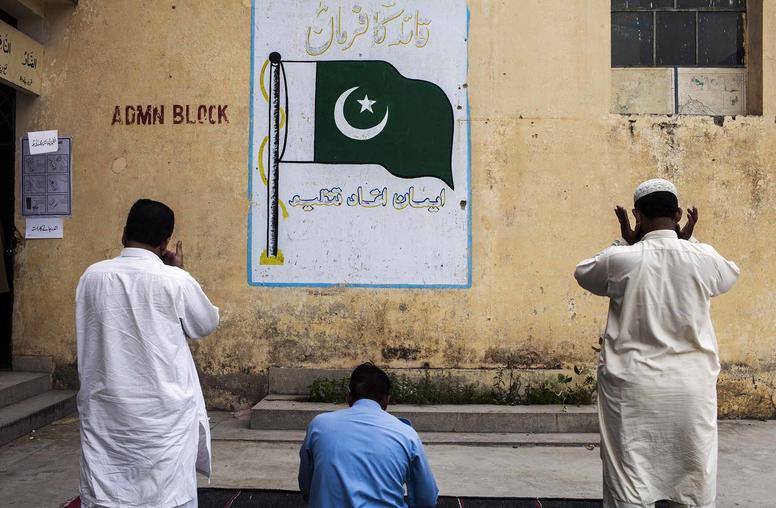
What’s at Stake in Pakistan’s Summer Elections?
Later this summer, millions of Pakistani voters will have the opportunity to cast ballots to elect new representatives for the national parliament and provincial assemblies. Pakistan’s political landscape is fractious and has faced major upheavals in the year running up to the vote, leaving considerable uncertainty about the possible outcomes.
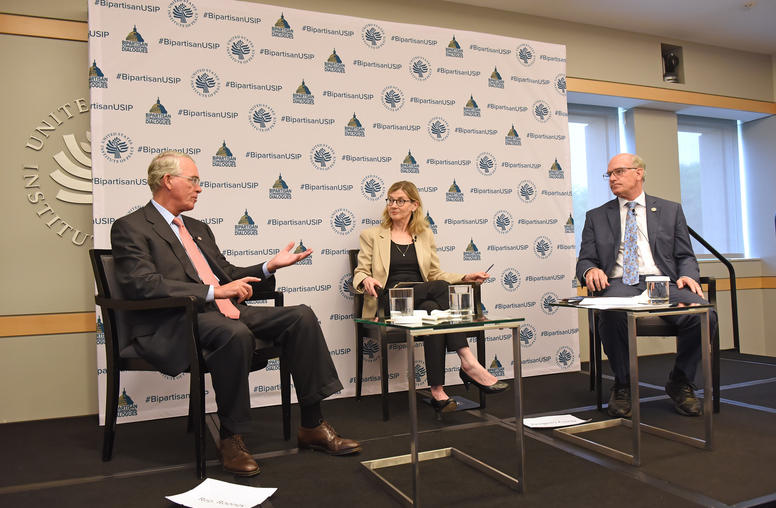
Russia’s Disruptive Ambitions Require a Bipartisan Response
For over a decade, Russia’s Vladimir Putin has campaigned to subvert the liberal world order and undermine global norms by invading neighbors and interfering in democratic processes at home and abroad. To explain how Congress can counter Russian aggression, members of the House Foreign Affairs Subcommittee on Europe, Eurasia and Emerging Threats Rep. Francis Rooney (R-FL) and Rep. Bill Keating (D-MA) came together for a bipartisan dialogue at the U.S. Institute of Peace.
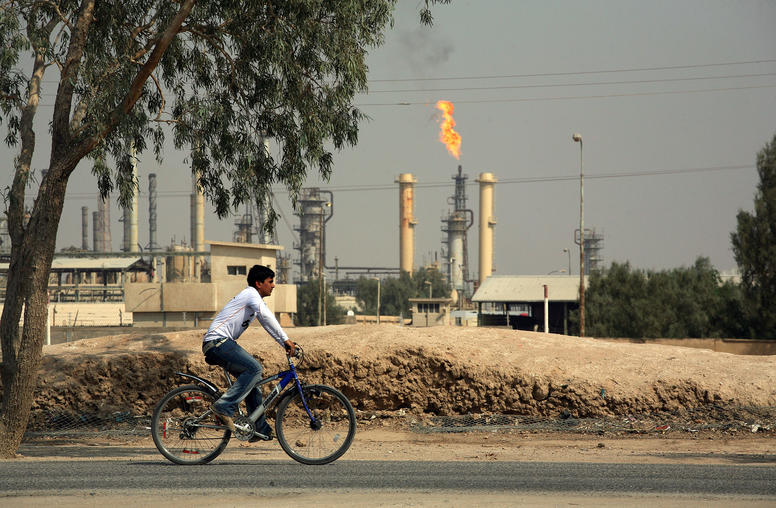
Iraq’s Protests Show the Fragility that Gave Rise to ISIS Remains
In recent weeks, tens of thousands of Iraqis in southern provinces of the country took to the streets to demand action over the lack of basic services and jobs. The protests began in the oil-rich Basra province, where people struggle with lack of clean water and electricity—amid temperatures exceeding 120 degrees—and economic injustice, among other challenges.
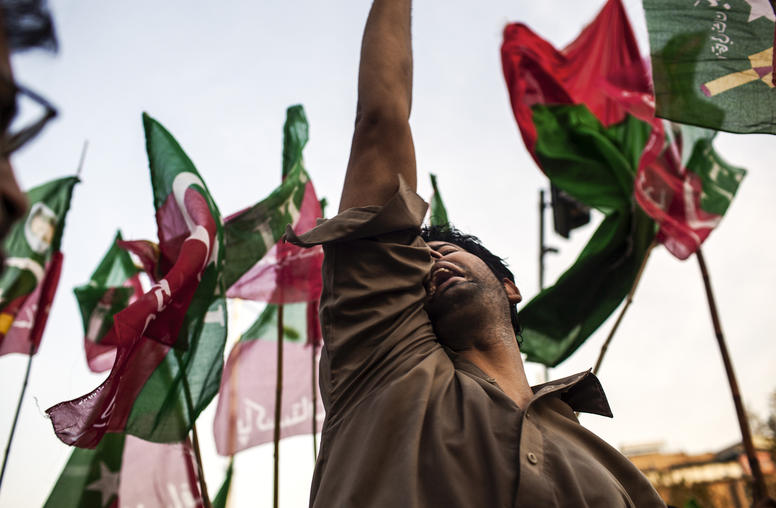
After a Volatile Election Season, What Now for Pakistan?
On July 25, Pakistanis went to polls, following the first time two successive governments have completed their five-year terms in office. USIP’s Pakistan experts discuss what this election will mean for Pakistani democracy, the role of the military in the electoral process, and the impact on U.S.-Pakistani relations.
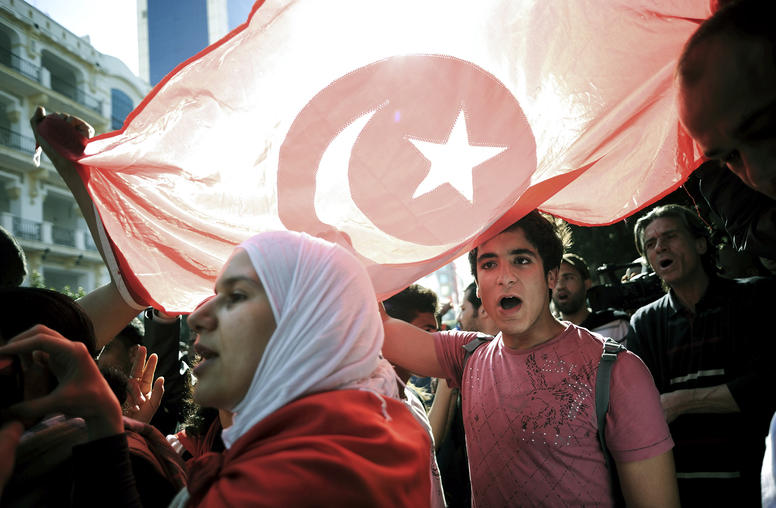
Tunisians Show Support for Democracy, Disillusionment with Ruling Elite
The surprise results of Tunisia’s first-round presidential election gave a clear message to the country’s political establishment: Tunisians want change and they want it now. Neither of the two winning candidates set to face off in the second round have ever held political office nor are affiliated with the political parties that have led Tunisia’s transition. Many of the issues that sparked the uprising eight years ago—like corruption and unemployment—continue to bedevil the North African nation. Yet the first-round vote demonstrates that Tunisians aren’t willing to give up on democracy and want new leaders.